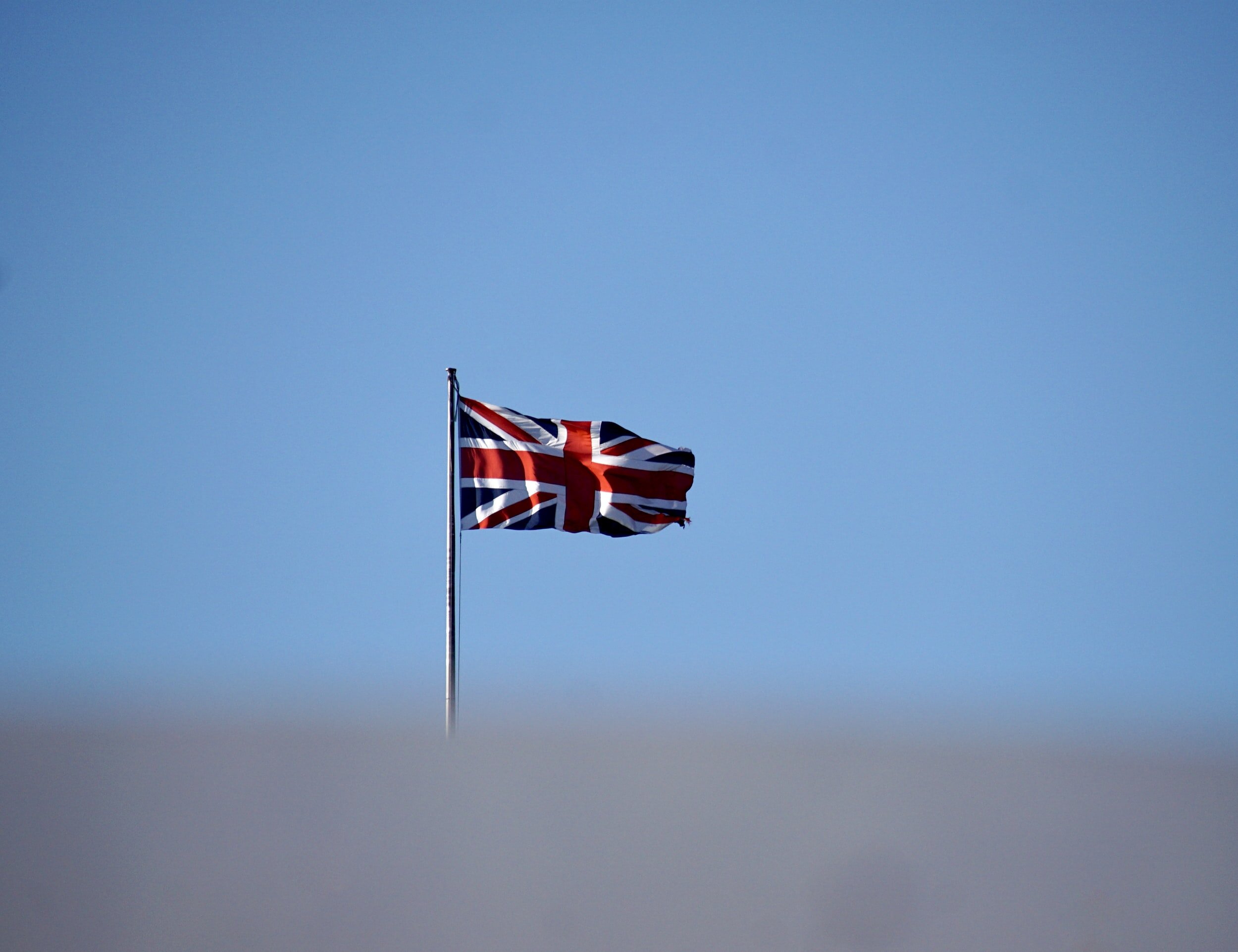Patriotism is now only welcome in sport
We should be acknowledging a common pride, a common community, and a common history, as permanencies.
Britain’s summer of sport has just about ended. The European Championship, the Summer Olympics, and Test Match Cricket have all delivered their fair share of excitement this summer. Some say such sporting tournaments have had a unique unifying effect on the country, helping millions find a common cause in times of extreme division and crisis.
Indeed, it was rather refreshing to witness England, and indeed Britain, brandish both St George’s Flag and the Union Flag across sporting events.
But the nation wasn’t as wrapped up in a collective pride as it was during the Euros. England’s exciting run to the final, including a historic win over Germany, brought people together and allowed them to escape their lives to celebrate the one commonality they share: their national community. And although the tournament concluded with a rather predictable English exit via a penalty shootout, there was an unpredictable narrative at play during the European Championship: that national pride is a good thing.
Even Owen Jones, far-removed from your common football fanatic, managed to join the rest of England in uniting around common national symbols and slogans. The poster boy for self-flagellating Englishmen was joined by over half of England to watch the national team battle the Italians at Wembley – crowds proudly singing God Save the Queen while waving St George’s Flag to mark their allegiance. The same Owen Jones could then go back to writing about Britain’s unique capacity for evil after the full-time whistle.
The heartache and the triumph on show throughout the tournament was part of how a nation’s life works. The people, through a shared identity, experience triumph, heartache (and everything in-between) together.
But why, in times like these, do we only see the acknowledgement of a national feeling and identity take place inside sporting arenas? That isn’t to say we must back the Johnson Government’s purely symbolic investment into national iconography- a cynical move used to pander and gather votes. But we should be acknowledging a common pride, a common community, and a common history, as permanencies. Because if a nation doesn’t acknowledge these facts, then there is no shared destiny. The energy shown this summer taps in to something greater than sport.

